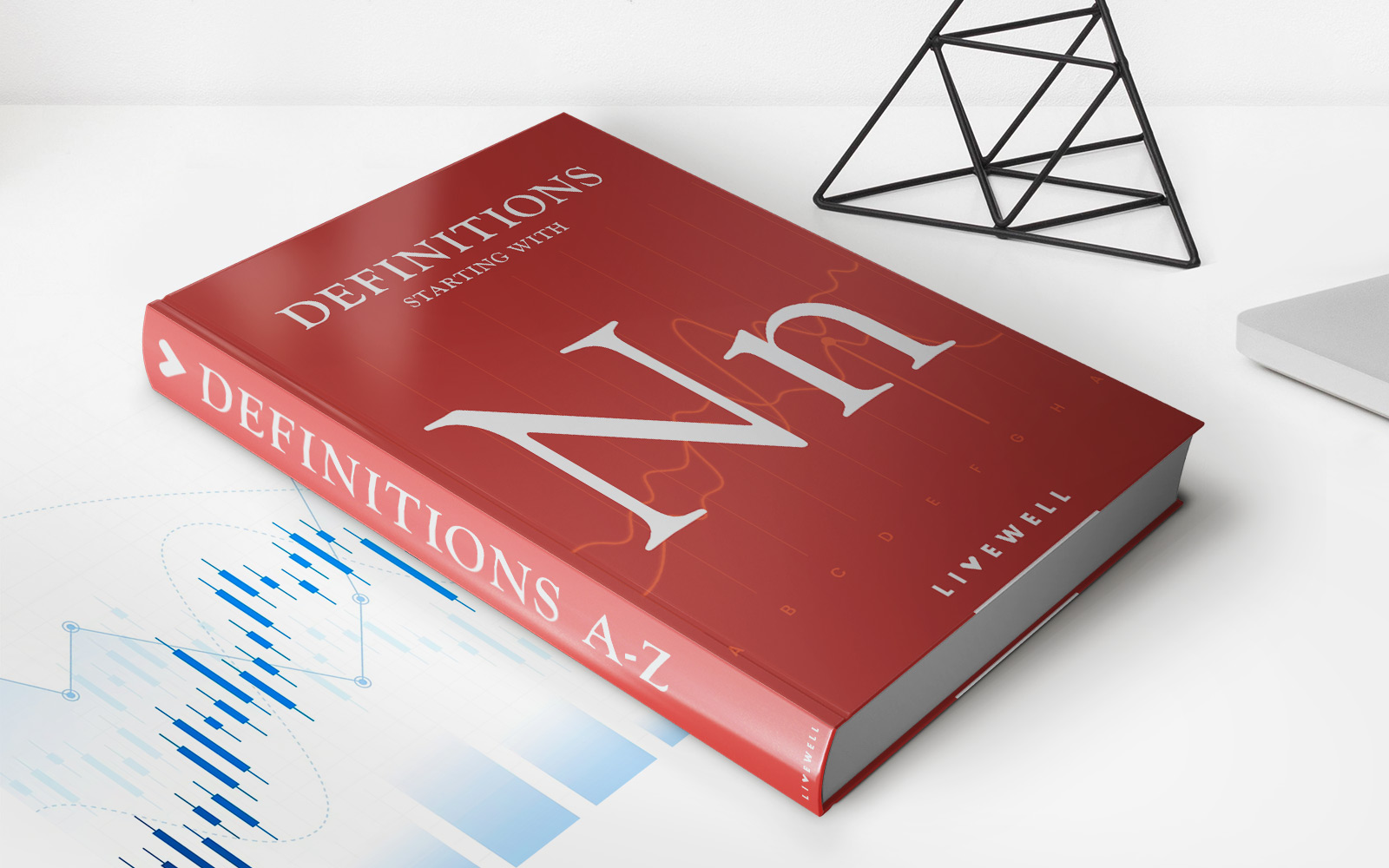Home>Finance>Synthetic: Definition In Finance, Types Of Assets


Finance
Synthetic: Definition In Finance, Types Of Assets
Published: February 5, 2024
Discover the definition of synthetic in finance and learn about the various types of assets. Explore the diverse world of finance and broaden your understanding.
(Many of the links in this article redirect to a specific reviewed product. Your purchase of these products through affiliate links helps to generate commission for LiveWell, at no extra cost. Learn more)
Synthetic: Definition in Finance, Types of Assets
When it comes to finance, the term “synthetic” refers to a concept that can be quite complex for many individuals to grasp. In this blog post, we will delve into the definition of synthetic in finance and explore the different types of assets it entails. By the end, you will have a better understanding of this intricate yet essential aspect of the financial world.
Key Takeaways:
- Synthetic refers to financial instruments or assets that are created by combining various components to replicate the performance of an underlying asset or index.
- Synthetic assets offer investors the opportunity to gain exposure to specific investments or markets without physically owning the underlying assets.
What is Synthetic in Finance?
In the realm of finance, synthetic refers to the creation of financial instruments or assets that mimic the performance of an underlying asset or index. These synthetic assets are constructed by combining various components in a way that allows investors to gain exposure to a specific investment or market without physically owning the underlying assets.
Unlike traditional investments, which involve direct ownership of assets such as stocks or bonds, synthetic assets use derivative contracts to replicate the returns of the desired underlying assets. Derivative contracts, such as swaps or options, create a synthetic position that mirrors the performance of the targeted asset or index.
Synthetic investments can be an attractive option for investors as they provide opportunities for diversification and access to markets that may otherwise be difficult to enter. By utilizing synthetic assets, investors can gain exposure to different sectors, commodities, or even foreign markets, all while managing the associated risks.
Types of Synthetic Assets
Now, let’s take a closer look at some common types of synthetic assets:
- Synthetic Equities: By using derivative contracts such as equity swaps or total return swaps, investors can replicate the returns of a specific stock or an entire equity index. This allows them to participate in the market’s performance without directly owning the underlying shares.
- Synthetic Commodities: Commodities, such as gold or oil, are often accessed through synthetic assets. These synthetic investments provide exposure to commodity price movements without the need for physical ownership or storage.
- Synthetic Currencies: Through the use of currency swaps or options, investors can gain exposure to foreign currency movements. Synthetic currencies allow investors to speculate on and hedge against changes in exchange rates without physically holding the currencies.
- Synthetic Indices: Investors can track the performance of an index, such as the S&P 500, through synthetic assets. Synthetic index replication offers investors the ability to diversify their portfolios across multiple stocks or sectors within a single investment.
- Synthetic Fixed-Income Instruments: With synthetic fixed-income instruments, investors can replicate the performance of bonds or interest rates. This allows them to gain exposure to fixed-income assets or hedge against interest rate fluctuations without directly holding the underlying bonds.
By understanding the diverse range of synthetic assets available, investors can make informed decisions and tailor their portfolios to meet specific investment objectives.
Conclusion
While the concept of synthetic assets in finance may seem complex, it is crucial to explore and comprehend these instruments to make informed investment decisions. Synthetic assets offer investors the ability to gain exposure to various investments and markets without physically owning the underlying assets.
Key Takeaways:
- Synthetic assets replicate the performance of underlying assets or indices using derivative contracts.
- Synthetic assets provide opportunities for diversification and access to different sectors, commodities, currencies, indices, and fixed-income assets.
By embracing the world of synthetic assets, investors can expand their horizons and take advantage of the inherent benefits they offer in the ever-evolving finance industry.














